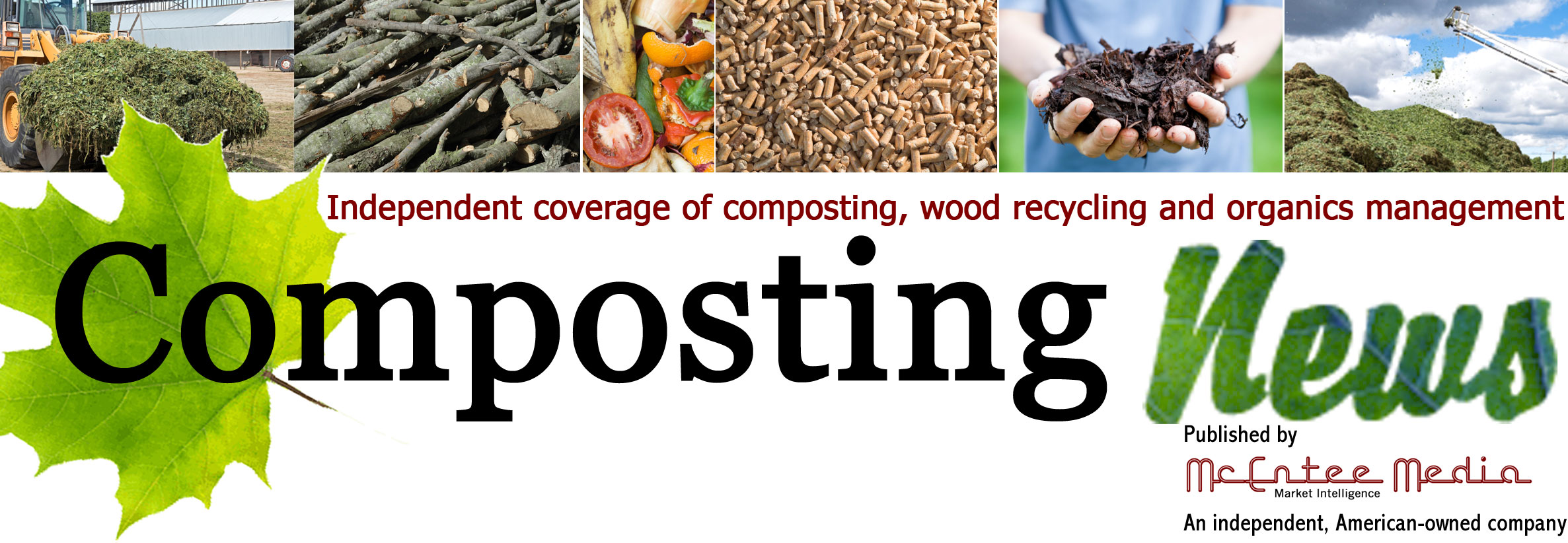The Washington State House of Representatives this month passed legislation that would allow human remains to be composted into soil. SB5001, which also approved alkaline hydrolysis as a sustainable death care option, was awaiting the expected signing into law by Gov. Jay Inslee.
When that happens, Washington will be the first state to allow composting as an alternative to cremation and burial to dispose of deceased humans.
The Senate passed its version of the bill in February.
Katrina Spade, the founder and executive director of Seattle-based Recompose, formerly called the Urban Death Project, has been working for several years with Washington State University (WSU) to determine the most efficient way to composting humans after death. Recompose would offer “recomposition” services. Spade said the process reduces an average human body to about cubic yard of soil.
“We are filled with gratitude for the many people who helped make sustainable death care a reality,” Spade said in an announcement. “We are moving towards a future where every human death helps create healthy soil and heal the planet.”
Natural organic reduction is the conversion of human remains into soil – what happens to a body inside a Recompose System is a lot like what happens on the forest floor, Spade said. With the right mix of carbon, nitrogen and oxygen, natural microbial activity transforms dead organic material into humified matter – aka compost.
In the recomposition process, the deceased body would be lowered down into a tall composting bay with a small footprint, where it would be composted with a bulking agent like wood chips. Aeration would be provided by ports in the side of the structure. The process would take four to six weeks.
Follow us on social media:

Be the first to comment on "Human composting expected to become law this month"